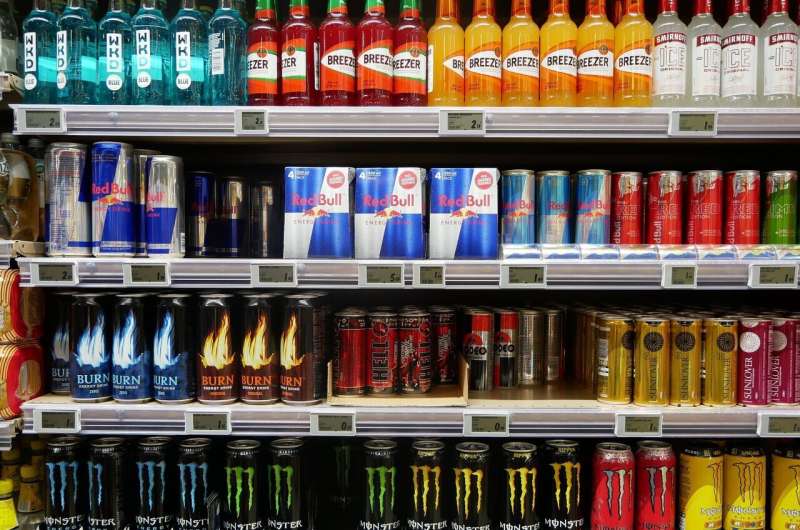England Enforces Ban on Energy Drinks Sales to Minors

England plans to prohibit the sale of high-caffeine energy drinks to minors to improve children's health and well-being, addressing concerns over caffeine and sugar consumption.
In a significant move aimed at safeguarding the health of young people, the UK government has announced plans to ban the sale of high-caffeine energy drinks such as Red Bull to individuals under the age of 16 in England. This initiative addresses growing concerns about the impact of energy drinks on children's health, particularly regarding their caffeine content, which can exceed two cups of coffee per serving. Despite voluntary measures by supermarkets, studies suggest that up to one-third of teens aged 13 to 16 regularly consume these beverages.
Health Minister Wes Streeting emphasized the importance of this regulation, stating, "By preventing shops from selling these drinks to kids, we're helping build the foundations for healthier and happier generations to come." He highlighted the potential adverse effects on sleep, concentration, and overall well-being, as well as the contribution of high-sugar energy drinks to dental issues and obesity.
Currently, drinks containing over 150mg of caffeine per liter are required to carry warning labels indicating they are not recommended for children. However, the new ban aims to eliminate sales entirely for minors, complementing existing voluntary restrictions.
A 12-week consultation will now be conducted to gather insights from health experts, the public, retailers, and manufacturers to finalize the regulations. Minister Streeting questioned, "How can we expect children to perform well at school if they consume a double espresso every day?" The government’s initiative seeks to address these issues by tackling the root causes of poor health and educational challenges linked to energy drink consumption.
Furthermore, concerns are raised about the broader impacts of energy drinks, including interference with sleep patterns, concentration, and potential long-term health consequences. The move aligns with efforts to promote healthier lifestyles among young people and reduce preventable health problems.
(source: https://medicalxpress.com/news/2025-09-england-sale-energy-children.html)
Stay Updated with Mia's Feed
Get the latest health & wellness insights delivered straight to your inbox.
Related Articles
Benefits of Plant-Based Diets in Reducing Multimorbidity Risk: Insights from a Multinational Study
A large European study shows that adopting a plant-based diet can significantly lower the risk of developing multiple chronic diseases, including cancer and metabolic conditions, in adults of all ages.
Rethinking Fruit and Vegetable Intake: How Much Do We Really Need Daily?
Recent research suggests increasing daily fruit and vegetable intake beyond the traditional five servings can significantly reduce the risk of chronic diseases and improve longevity. Learn how to boost your diet today.
Gender Differences in Food Response: Young Girls Less Responsive to Fullness Cues Than Boys
A new study reveals that young girls may be less responsive to internal fullness cues compared to boys, influenced by social and developmental factors. This highlights the importance of teaching children to listen to their body's signals for healthier eating habits.
Policy Changes in Food Pricing Could Transform Australian Dietary Habits
Adjusting food taxes and subsidies could significantly improve Australian diets by making healthy foods more affordable and ultra-processed foods more expensive, potentially reducing chronic disease risk.



